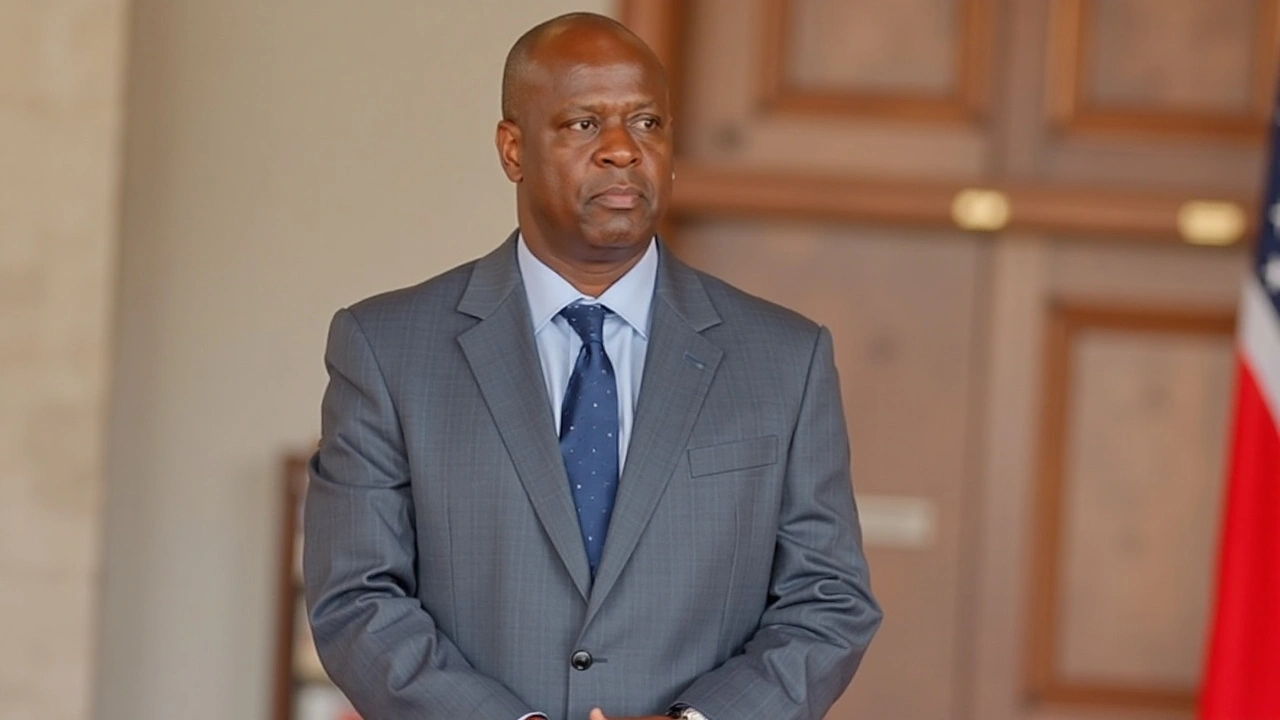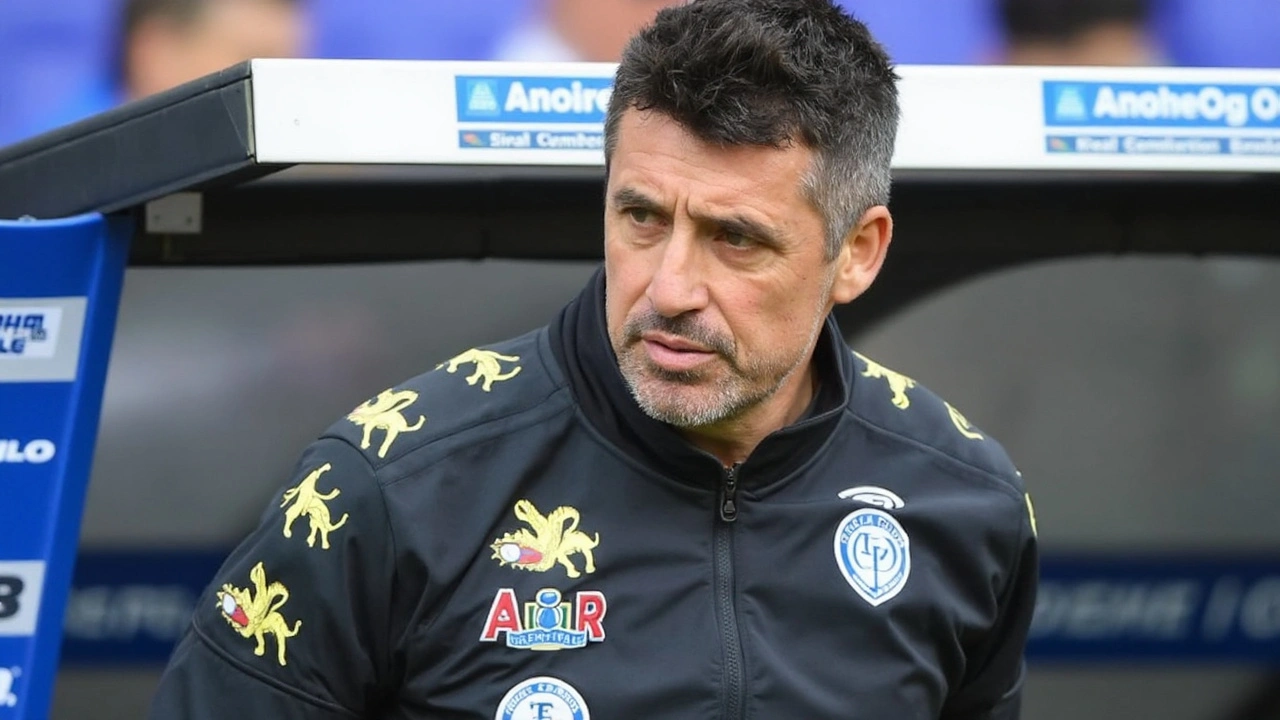The High Court's Crucial Decision
In a significant development in Kenyan politics, a three-judge bench of the High Court, comprising Judges Erick Ogolla, Antony Mrima, and Frida Mugambi, has delivered a decisive ruling on a case that holds substantial political implications. On October 16, 2024, these judges declined to issue conservatory orders aimed at pausing the impeachment trial against Deputy President Rigathi Gachagua. According to the court's ruling, there was no evidence to suggest that Deputy President Gachagua would experience undue prejudice if the Senate proceeded with the impeachment motion.
This ruling has effectively set the stage for one of the most closely watched political trials in Kenya's recent history. The courtroom was a flurry of legal arguments and counterarguments as Gachagua's legal team, led by renowned lawyer Lempaa Soyinka, passionately presented their case. They sought to halt the Senate proceedings, arguing that the trial was unfair and politically motivated. However, the judges remained unconvinced by these arguments, emphasizing that Gachagua would still have the opportunity to challenge any unfavorable outcome in court.
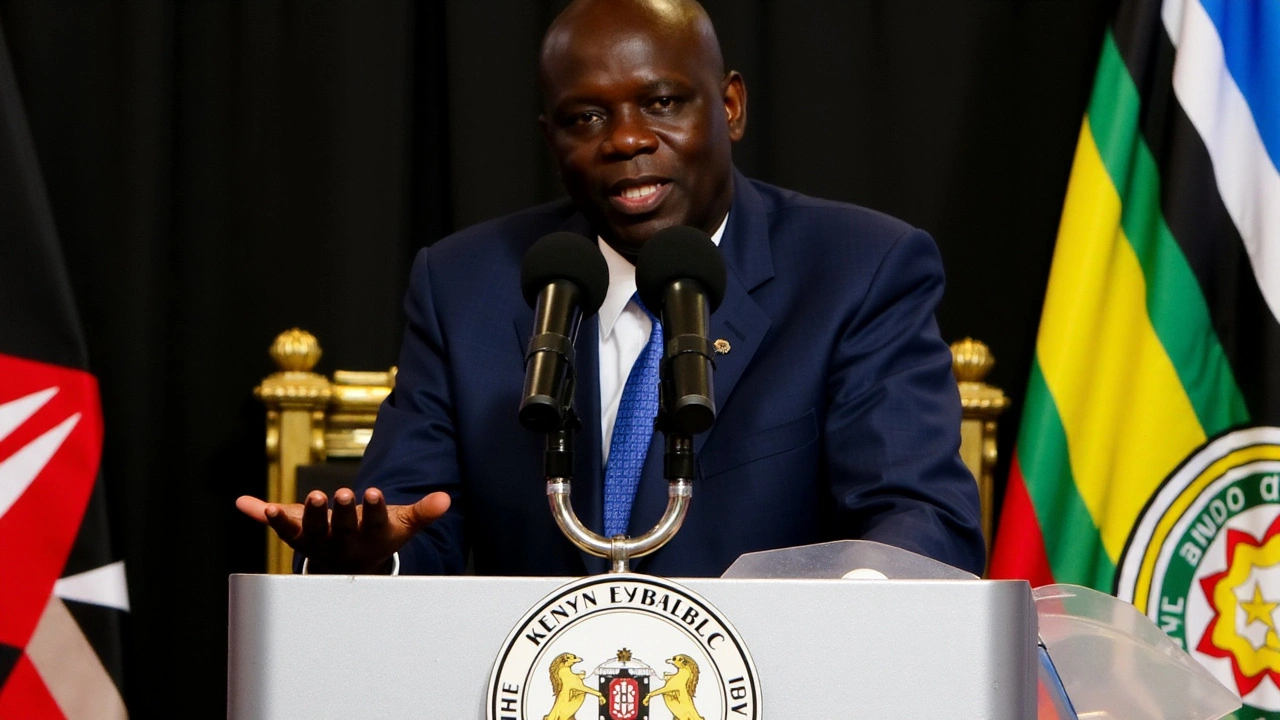
The Implications of the Ruling
The High Court's decision means that the Senate can proceed with deliberating and ultimately voting on the impeachment motion against Deputy President Gachagua. This process is expected to take place over a span of two days, during which opposing sides will present their cases, and members of the Senate will engage in heated debates. The plenary session will culminate in a vote that could either absolve Gachagua or lead to his official removal from office, marking a pivotal moment in his political career.
This ruling has sparked intense discussions and debates across the nation. Various political analysts have weighed in, analyzing the potential outcomes and their impact on Kenya's political stability and governance. Some view the impeachment trial as a necessary step to uphold accountability and the rule of law, while others see it as a manifestation of deep-rooted political rivalries and power struggles within the corridors of power.
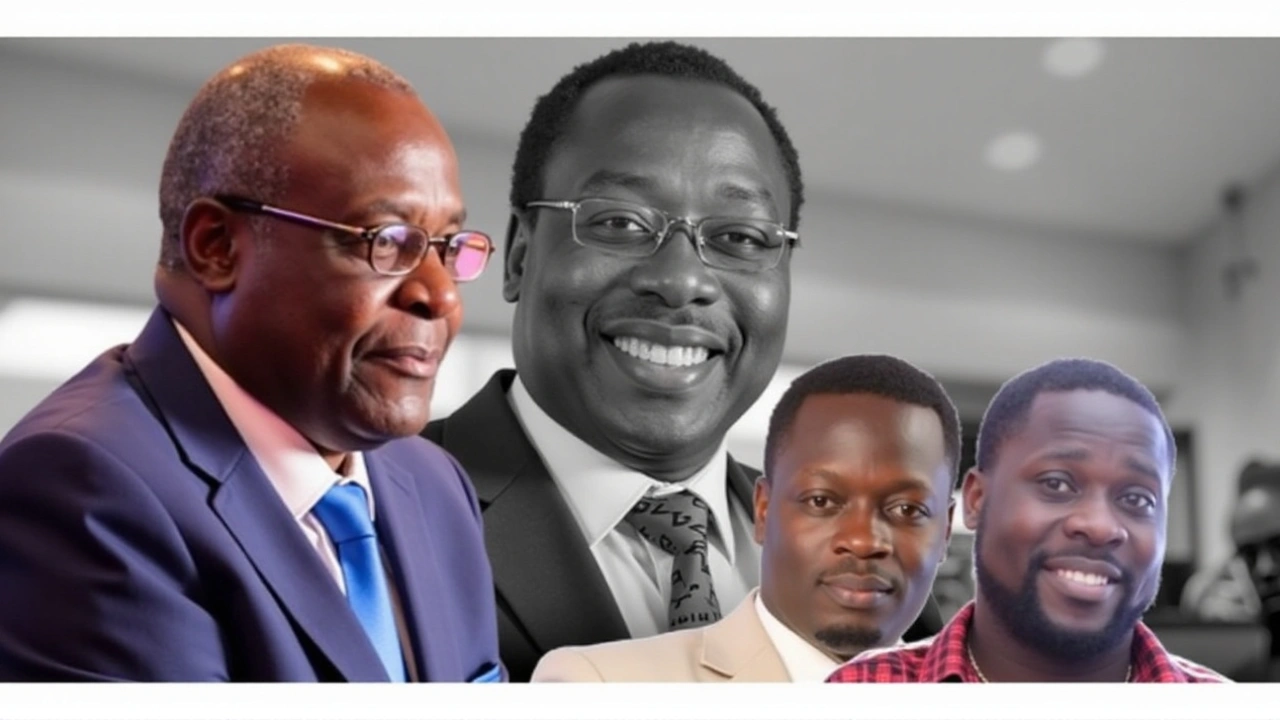
Legal Maneuvering and Challenges
In the wake of the High Court's decision, Deputy President Gachagua's legal team is contemplating their next steps. They are considering amending their application to the court based on the developments that may unfold in the Senate during the trial. However, this move has encountered resistance from the National Assembly's legal counsel, Benson Milimo, who argues that any amendments would be unfair if the opposing side is unaware of their specifics. The legal strategies employed by both sides indicate the high stakes involved in this political and legal battle.
The courtroom drama is far from over, as legal experts anticipate that the case may set important precedents for future impeachment proceedings and the interpretation of constitutional provisions related to the removal of high-ranking public officials. Moreover, the outcome of the trial could have far-reaching consequences for the political landscape in Kenya, influencing power dynamics, alliances, and the careers of key political figures.
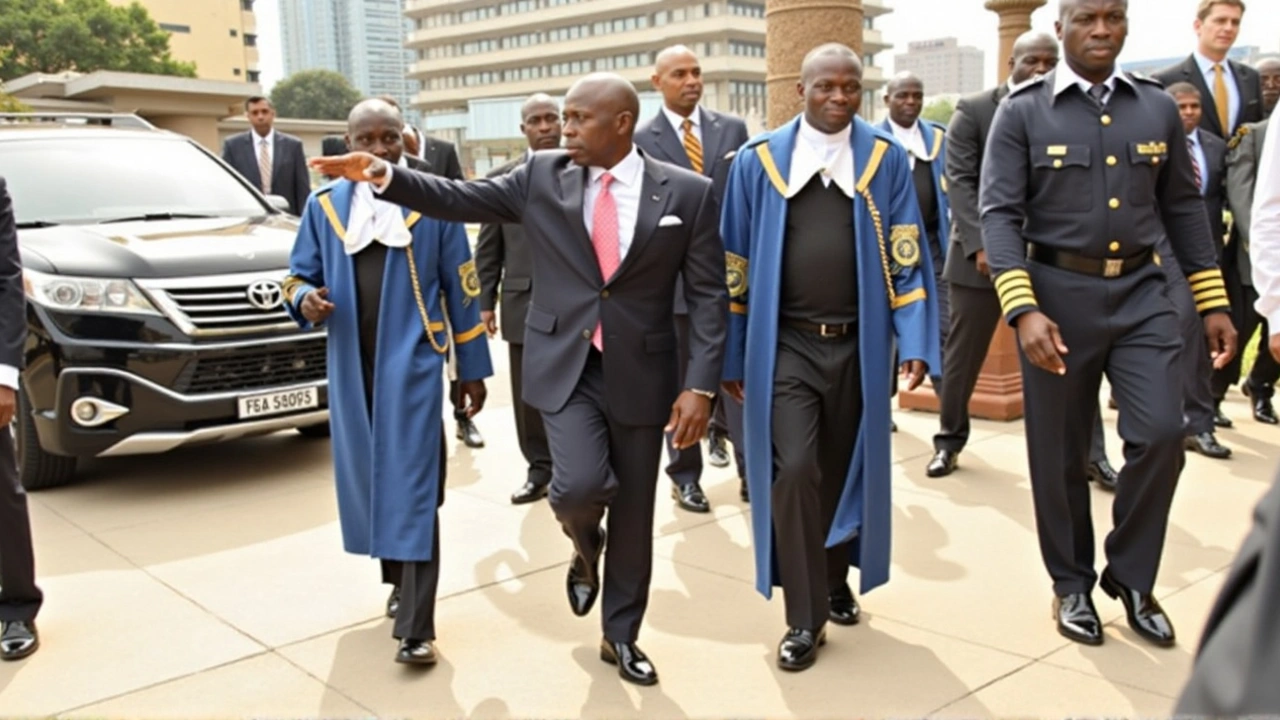
A Nation Watching Closely
As the Senate prepares to conduct Gachagua's impeachment trial, the eyes of the nation are fixed on the proceedings. The trial has garnered widespread attention both locally and internationally, with media houses providing extensive coverage and analysis. The public is deeply engaged, expressing diverse opinions and concerns about the implications of the trial for Kenya's democratic institutions and governance.
The outcome of this trial will have significant ramifications, not only for Deputy President Gachagua but also for the broader political environment in Kenya. It serves as a litmus test for the strength and resilience of the country's democratic institutions and the principle of accountability for public officials. As the trial unfolds, it will undoubtedly be a defining moment in Kenya's political history, shaping the trajectory of its leadership and governance for years to come.
